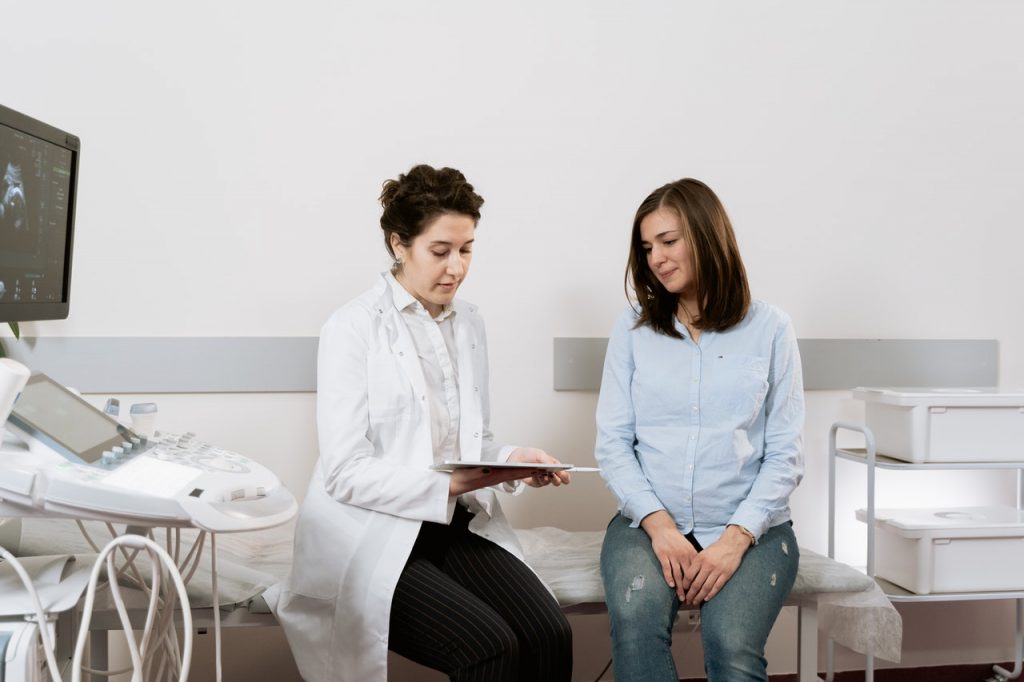Pap Smear 101

There are a number of wellness exams that help women maintain good overall health. Of all the routine exams though, the Pap smear seems to be the one that is most dreaded and uncomfortable for most women. Here is a quick primer on what a Pap smear exam is, how to prepare for it, and what happens when it’s over. Hopefully, this will ease your mind (and body!) especially if you’re getting ready to schedule your first one.
Why a Pap smear exam is important
A pap smear screens for cervical cancer and HPV (human papillomavirus) and any abnormal growth. It is generally recommended that a woman undergo this exam every one to three years after the age of 21. Early detection of cervical cancer is critical. With an early diagnosis, treatment of the cancer is possible.
How to prepare for a Pap smear exam
It’s best to avoid having a Pap smear done during your menstrual cycle. Periods can affect test results. It also is a good idea to avoid sexual intercourse, douching, using tampons or any vaginal creams or jellies before your scheduled visit. It is also advised to empty your bladder before the exam, so consider using the restroom before going to the doctor’s office.
What to expect during a Pap smear exam
The doctor will get you as comfortable as possible. You will lay on your back with your feet in stirrups. You may want to wear socks to keep your feet warm. A speculum will be inserted into the vagina to allow for the doctor to easily access and examine the cervix. The doctor will give you a warning before inserting the speculum, so you know when to expect it. The doctor will then use either a soft brush or a flat scraping tool to take a sample of cervical cells. You may feel some discomfort during this time; some patients compare it to period cramps. Once the sample is collected the exam is over! The sample is sent to a lab for testing.
After the exam is over
You may continue to feel a little bit of that cramping feeling, but you can continue with your usual routine for the rest of the day. Your doctor’s office will contact you about the results of the exam. If the results are negative, you don’t have to worry about another Pap smear for at least a year. If the results return as abnormal you will need further testing. If your results come back abnormal, do not stress – it does not automatically indicate cancer. The next step is often a colposcopy which is a more detailed exam of the vagina, cervix and vulva to assess the degree of abnormal cells.
If it’s time to schedule your pap smear exam, or if you have any further questions, please give our office a call at 307-634-5216.

Leave a Reply